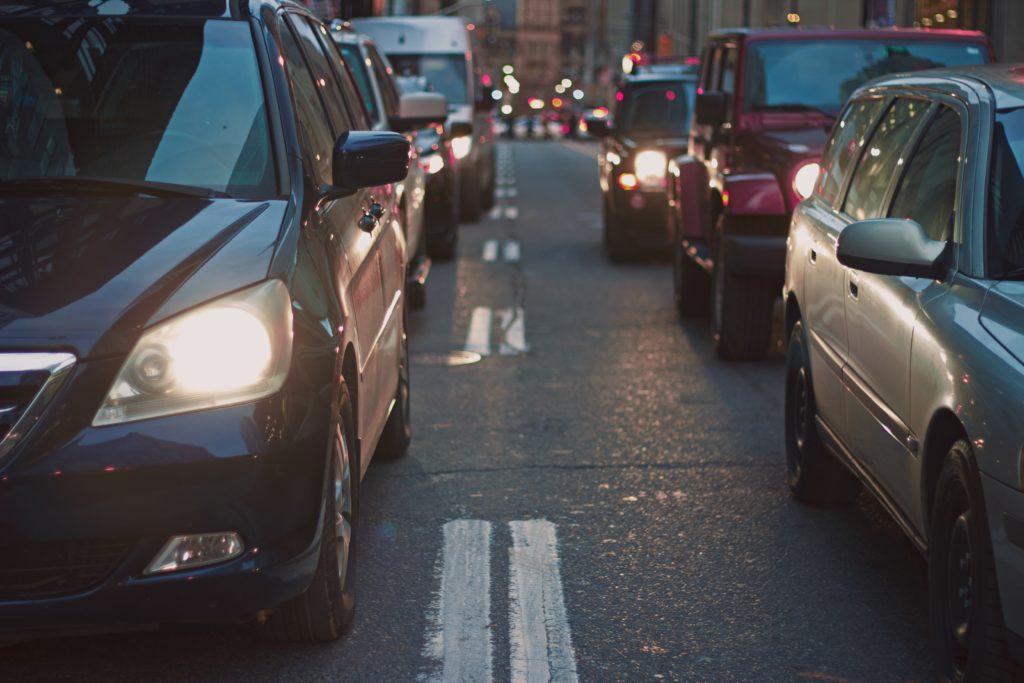How to Recover Financially After a Car Accident
Experiencing a car accident can be traumatic.
At the same time, however, a car accident has a financial impact- and you need a plan to address the physical, emotional, and financial impact of the event.
A bit of a bump and scrape between cars in a car park, a collision on a busy road or a bump into a wall – car accidents have a financial implication. Whether it is your fault or the fault of another driver, you need to be aware of what your obligations are and how your finances might be affected.
Fault Lines
Who is at fault?
Whether you are the victim of an accident that wasn’t your fault, or you were the responsible party, you still have obligations to fulfill. Check that the other party is not hurt, and call for emergency help.
Regardless of whether anyone is hurt or not, you should call the police as soon as possible. The police, for example, can handle the traffic that is driving past the accident scene- which can reduce the risk of another accident.
If you have bumped an empty car in a car park, you should stop your car, get out and go and see if you have caused any damage. At a minimum, leave a note on the car windshield which gives your name, contact details and a brief explanation of the accident.
In both situations, you should also take a picture of any damage caused, in order to document what has happened. While you can use your phone, a dashcam is a better tool to have, as this will video the accident as it happens. Consider the best dash cam by BBMC.
You should also make a note of any mitigating circumstances, such as another car behaving erratically or a pedestrian running into the road. If there are witnesses around, request their details just in case you require a statement later on.
Use this site to apply for a loan Find My Rate at Social Finance Pay off credit cards or invest in a major purchase
Your Rates
Insurance is based on math , and if you file an insurance claim for a car accident, your insurance premiums will increase. However, you can reduce the cost of your insurance by increasing the deductibles.
When you accept a higher deductible level, you can take on more of the risk to lower your premiums costs. Your premiums will be lower, but you’ll pay more out of pocket if your have an accident.
If you cause an accident, your insurer will likely have to pay for the damage caused, and you’ll pay higher insurance premiums going forward.
In some cases, insurers will also raise your rates even if you make a not-at-fault claim. This may occur the case of a hit and run accident, when the driver at fault flees the scene. Since your insurance company cannot recover funds from the driver at fault, they incur the cost of the accident- and may pass the higher costs on to you in the form of higher premiums.
Many freelancers and business owners may have times when cash flow is a problem. Use this site to apply for a loan Find My Rate at Social Finance in order to cash flow your business until you can collect receivables from customers.
If you can, try to gather as much evidence from witnesses to build your case and track the driver down.
Car accidents are simply part of being a driver so the more prepared you are, and the better your insurer is, the less financial implications there will be. Stay safe!
Ken Boyd
Author: Cost Accounting for Dummies, Accounting All-In-One for Dummies, The CPA Exam for Dummies and 1,001 Accounting Questions for Dummies
Co-Founder: accountinged.com
(email) ken@stltest.net
(website and blog) https://www.accountingaccidentally.com/
(you tube channel) kenboydstl

